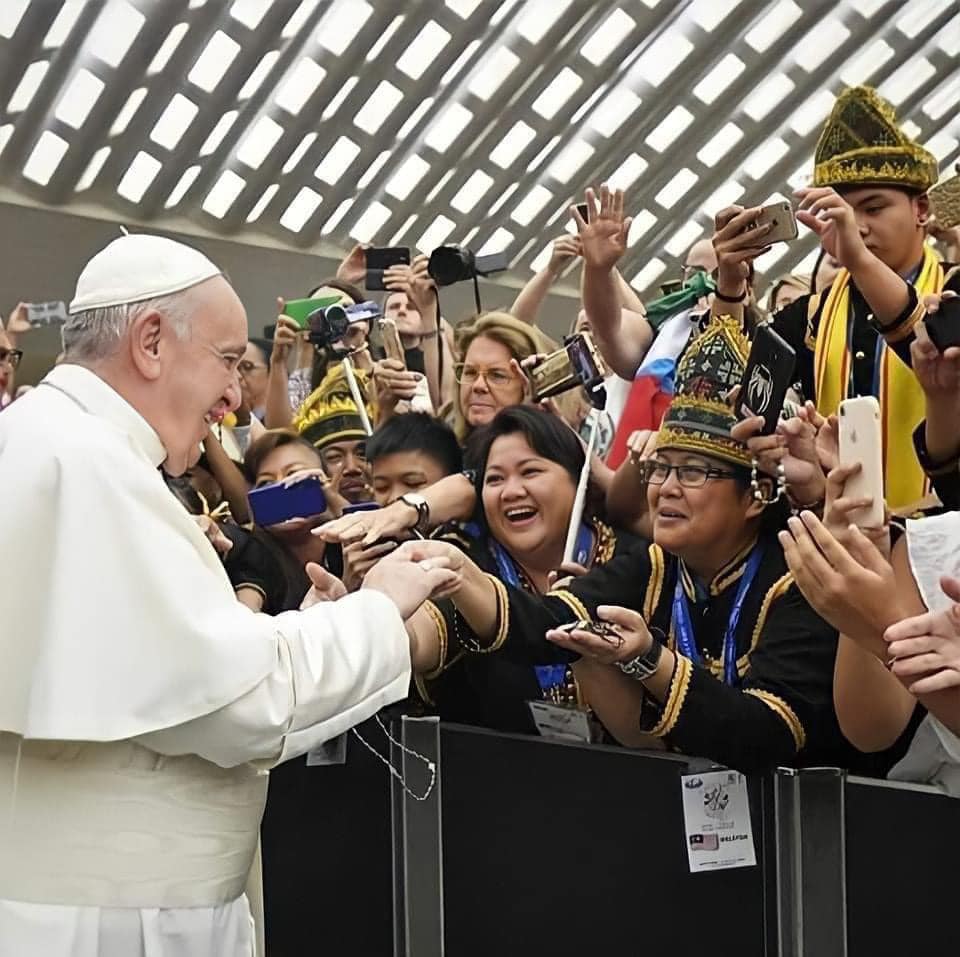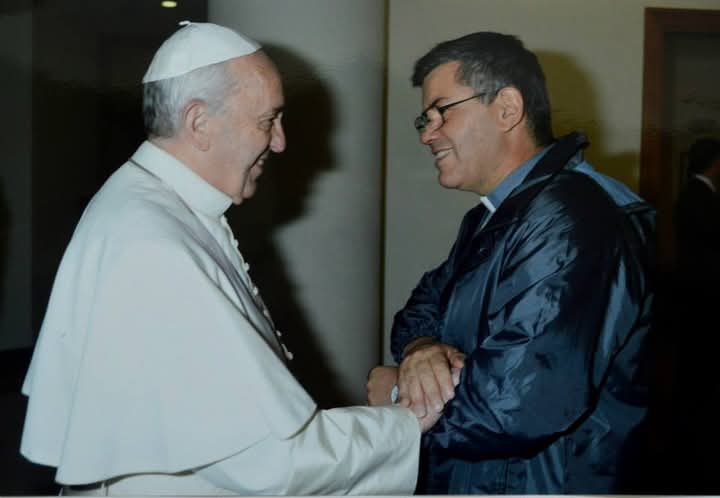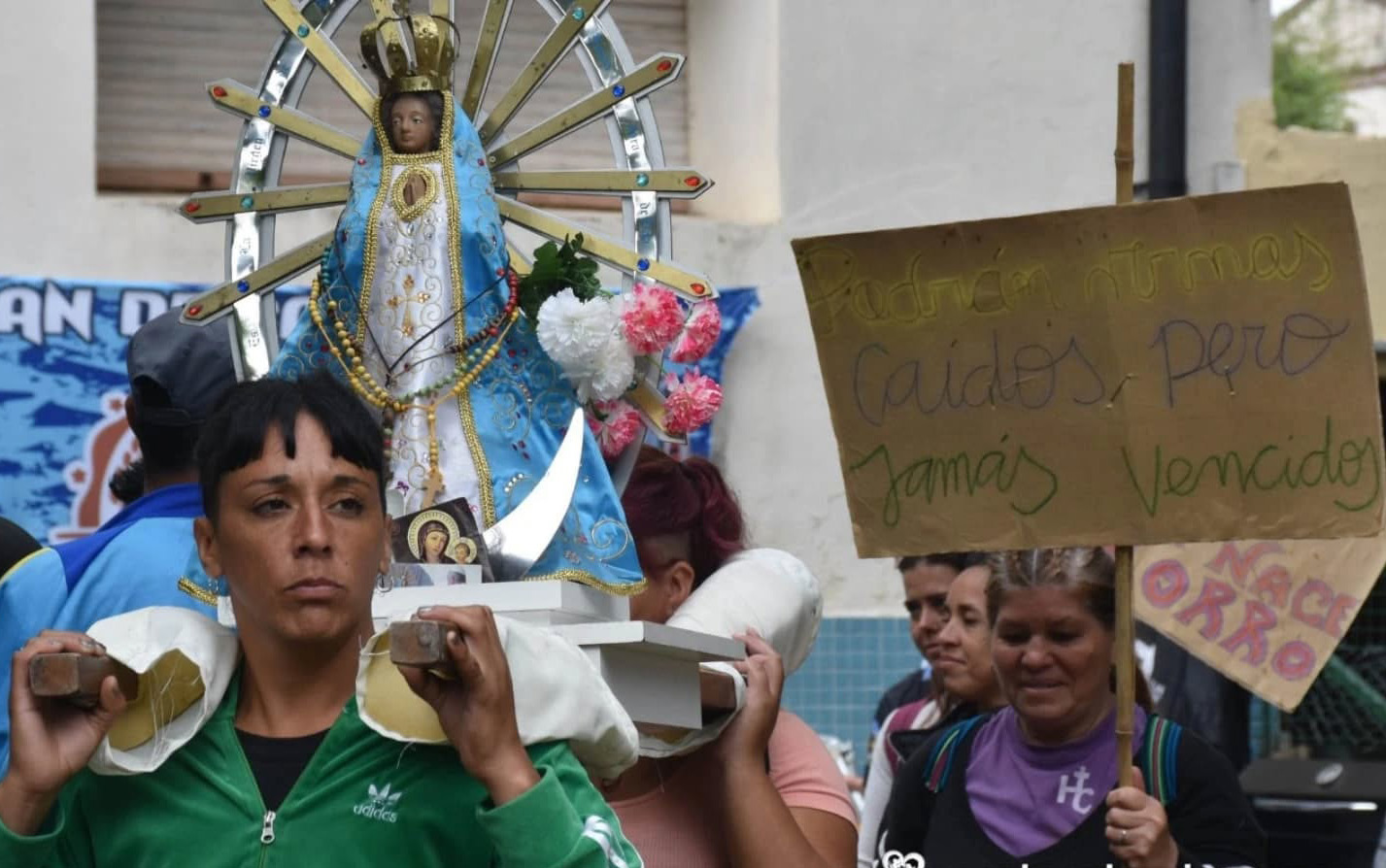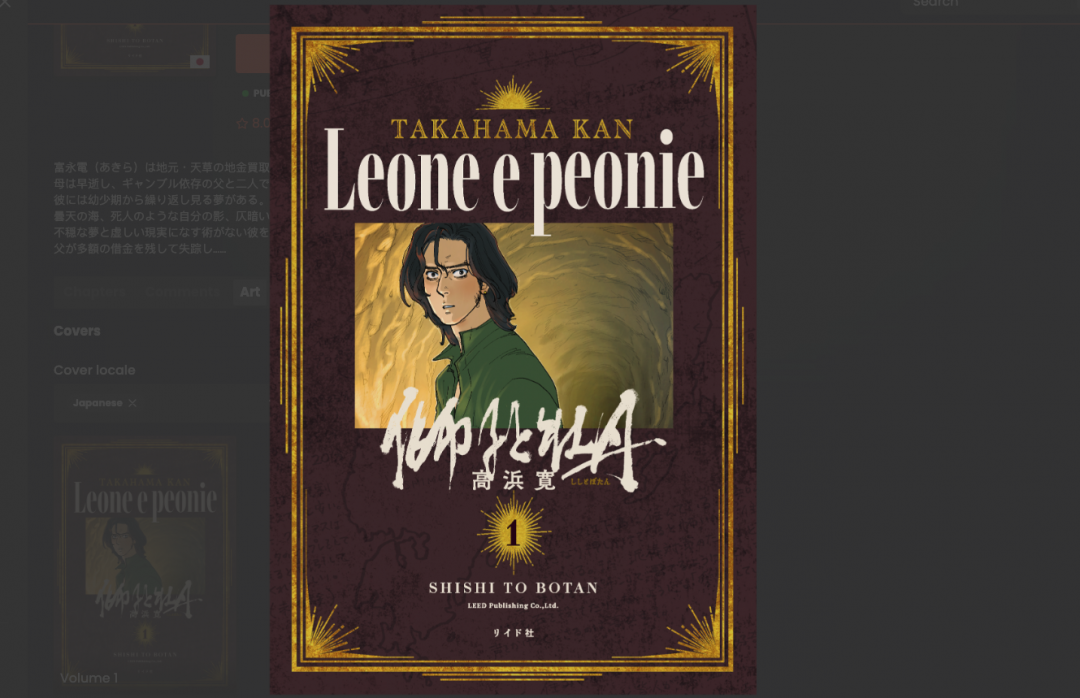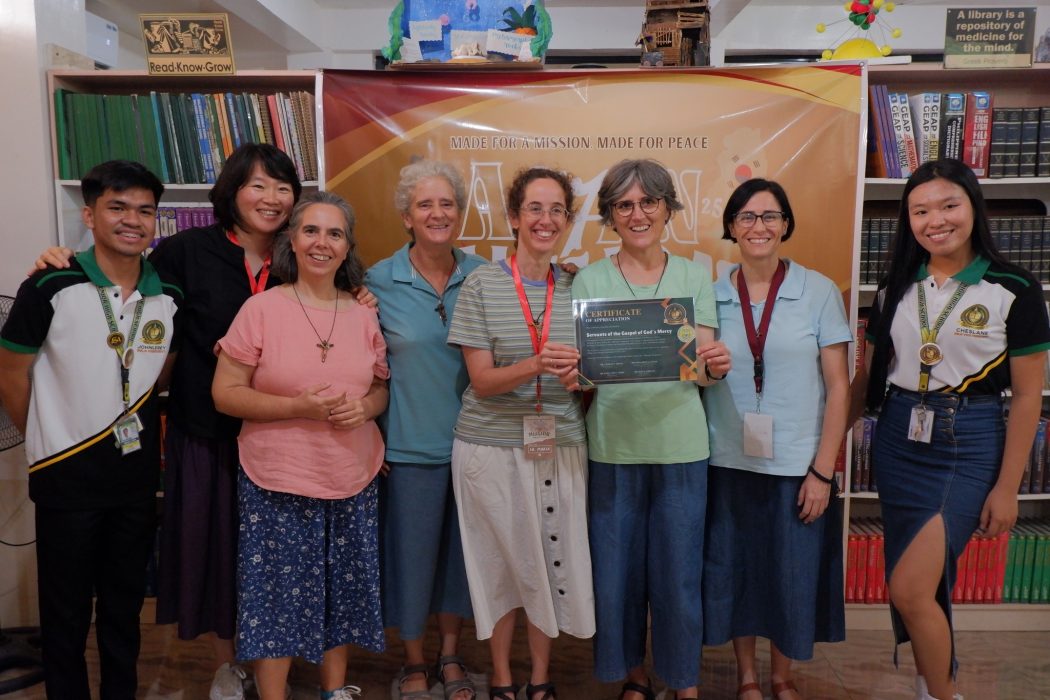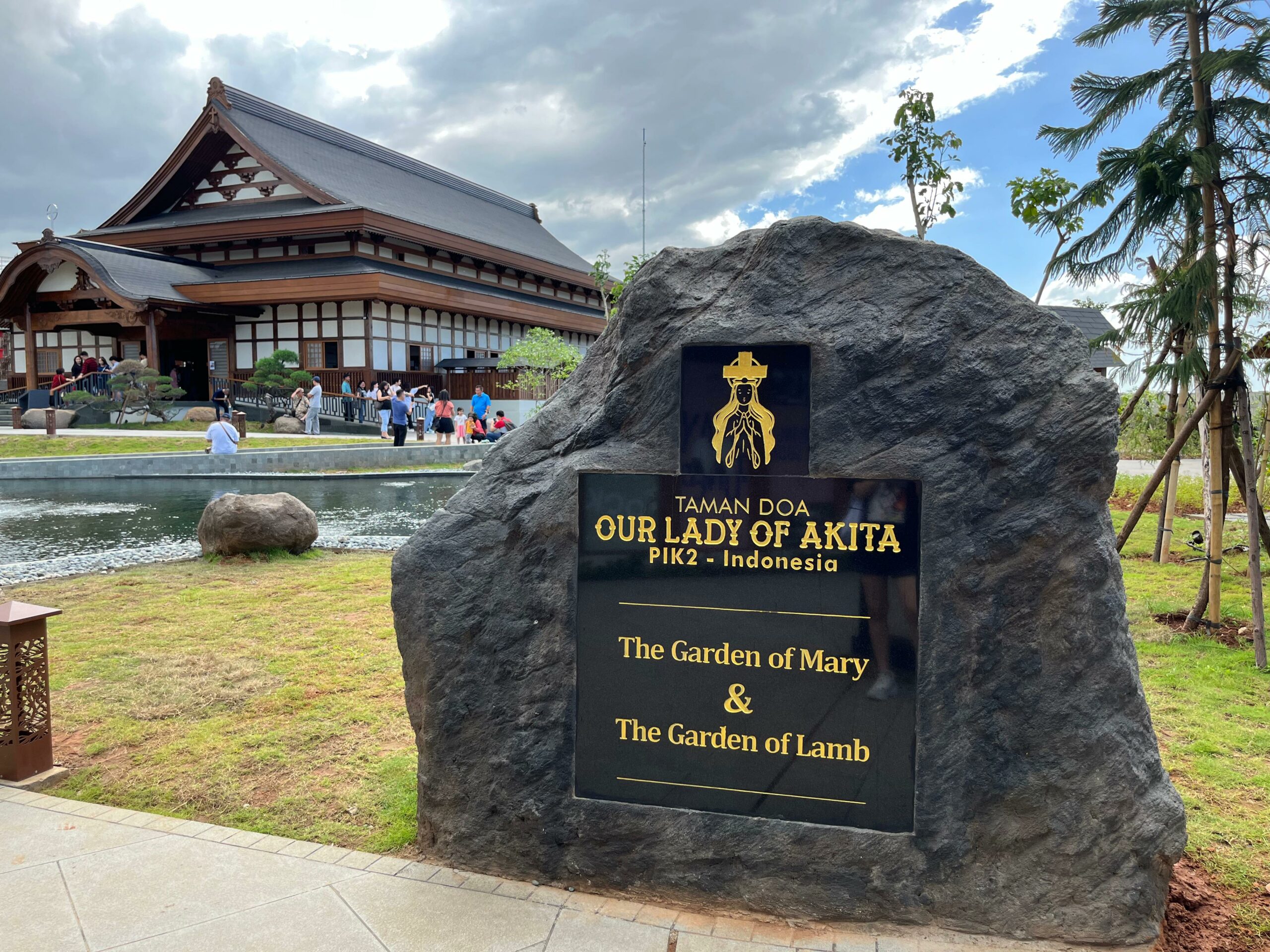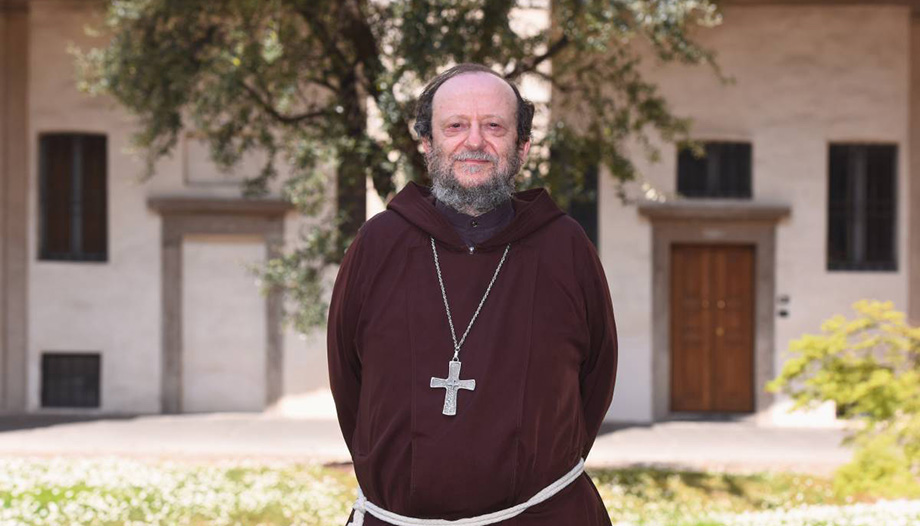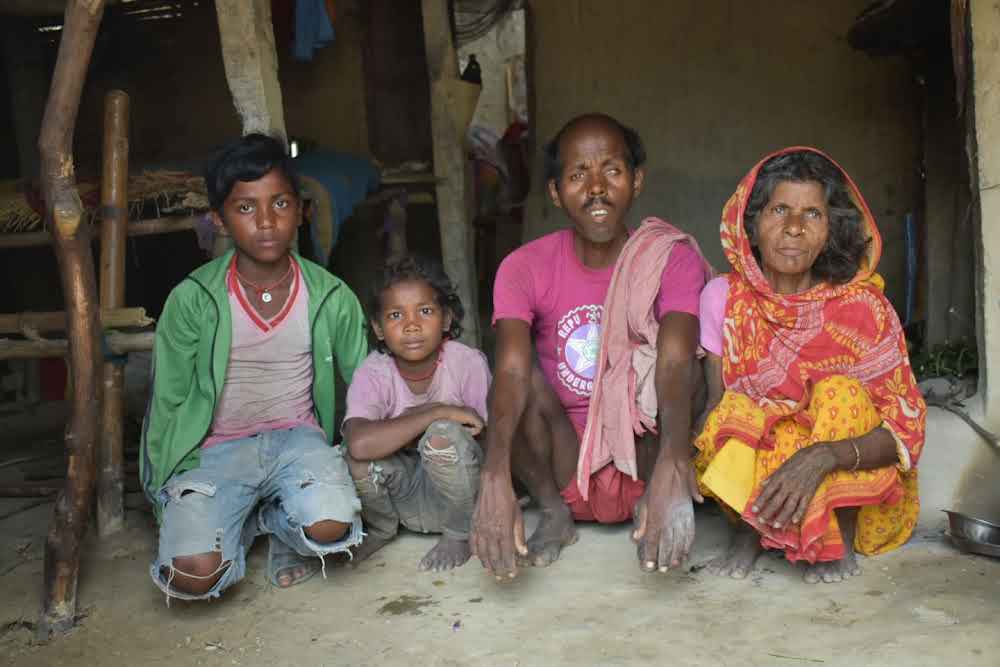Read by an increasingly broad and diverse audience around the world, Japanese manga has long held an enormous fascination among young and old alike. In addition to the unusual superhero adventures, this peculiar type of comic book, conceived in its own format, also portrays stories of ordinary men and women. In this way, countless episodes of Japanese history have been transmitted to school-age children; and now, the trend seems to extend to a type of character who, even under fierce persecution, remained firm in their faith in Christ: we are talking about the so-called Japanese “hidden Christians”. A phenomenon that originated in the 17th century, when Christianity – introduced with immense success in the Japanese archipelago a century earlier, thanks to the continued work of missionaries from the Portuguese Patronage of the East – was expressly prohibited, with all missionaries present there being ordered to be expelled. Many of them, for refusing this order, would later be martyred, and, even under torture, they never renounced their faith.
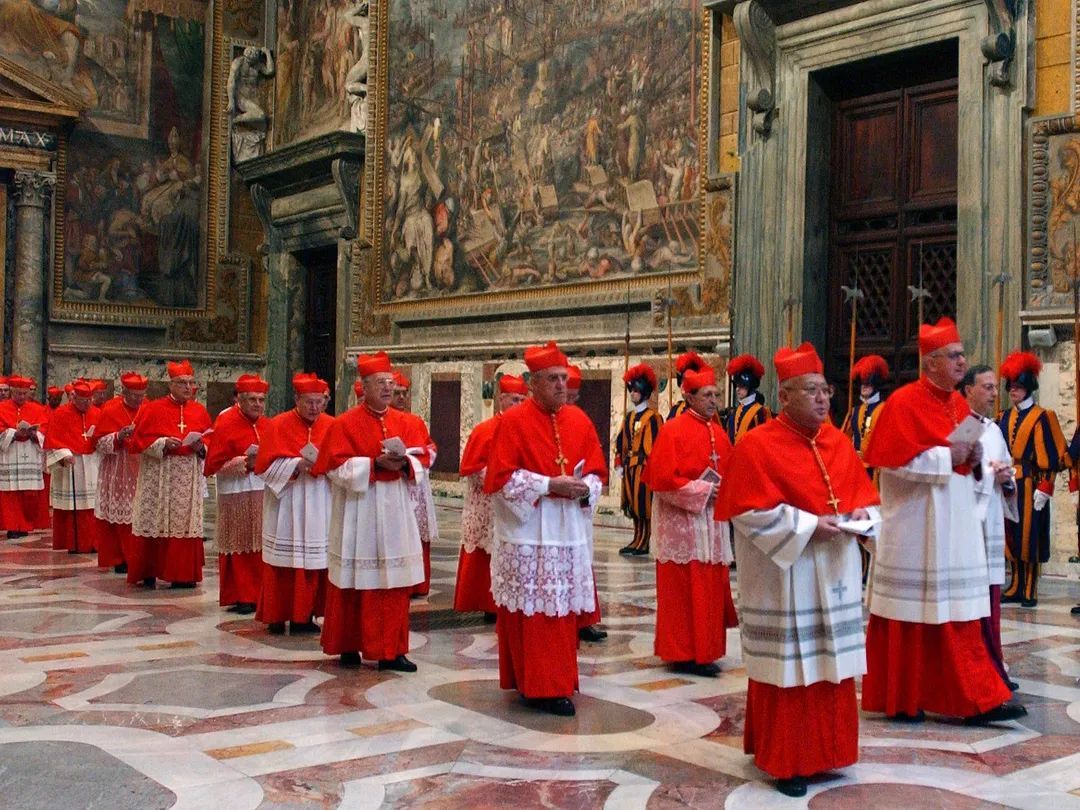

 Follow
Follow
